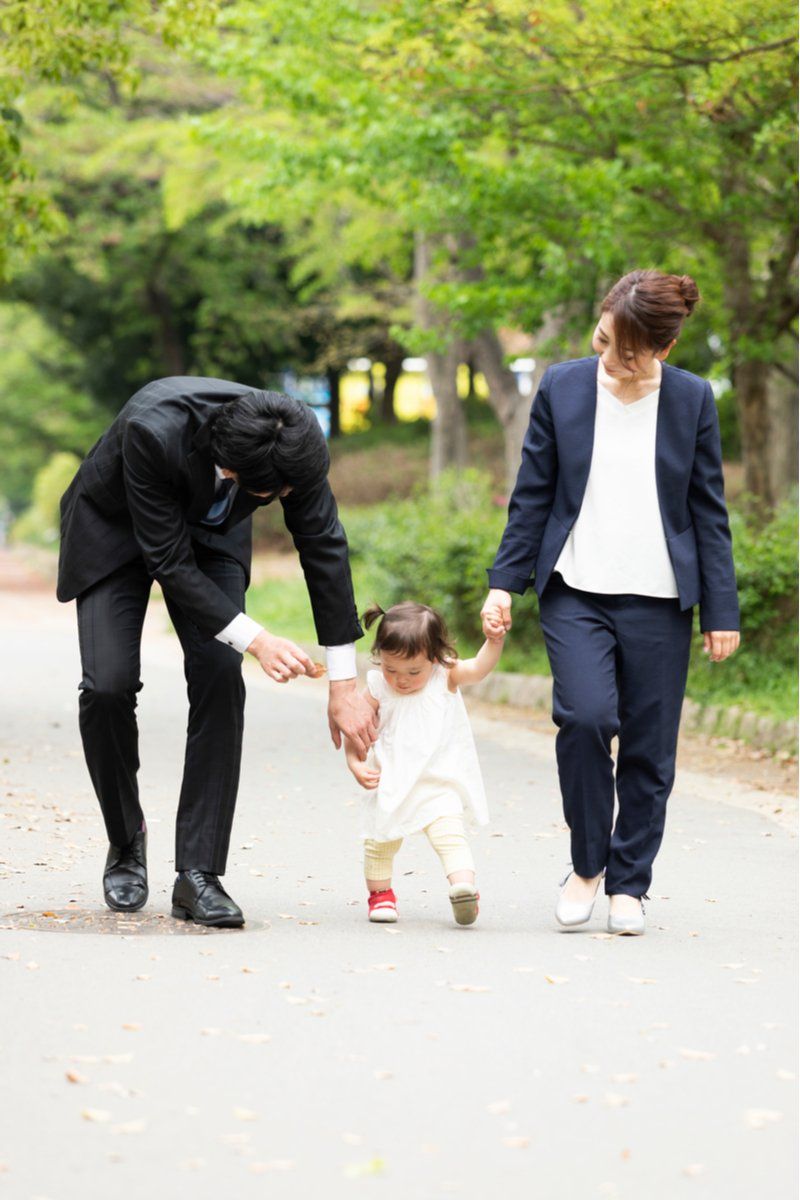What Are the Different Types of Child Custody in New Jersey?
Child custody can be a complicated issue, for both unmarried parents and those going through a divorce. In New Jersey, every family's situation is unique when it comes to child custody matters. This means all families require a plan that is ideal for them and is in the child's best interest. Child custody arrangement in New Jersey involves two legal concepts: legal custody and physical custody.
Physical and Legal Child Custody
Physical custody determines where the child will be spending most of their time and — more specifically — with which parent the child will spend the night. The parent granted physical child custody makes decisions concerning the child's well-being and behavior.
Legal custody gives the right to both parents to get involved in significant life decisions regarding the child. This includes medical decisions, religious decisions, where the child will attend school, and many more.
Types of Child Custody in New Jersey
There are several child custody options available in New Jersey. Both physical custody and legal custody can be shared, sole, or joint.
Joint Legal Custody
This is the most common arrangement where both parents participate in their child's life. In the joint legal custody option, one parent generally acts as the primary residential custodian for the child while the other serves as the alternate. However, both parents make joint decisions for their child concerning major life issues like education, health, and general welfare. The parent with the primary custodial right is responsible for day-to-day decisions and should notify or consult the noncustodial parent when necessary.
Sole Legal and Physical Custody
In this type of child custody, one parent becomes the residential custodial parent. He or she makes all the major decisions regarding the child and everyday decisions without notifying or consulting the noncustodial parent. Sole child custody is recommended when one parent is deemed unfit or absent or in cases where there is a history of drug addiction, abuse, or child neglect, or in other situations.
Joint Physical Custody
Where both parents want the child to live with them, they can consider shared physical custody. Many parents in New Jersey prefer this type of arrangement because they get equal parenting time. Many custody schedules apply in shared joint physical child custody. For example, alternating weeks, where one parent stays with the child for a week and the other parent has the next. Parents must agree to a specific schedule, and if they cannot agree, the court will determine the best plan, focusing on the “best interests” of the child.
Child custody issues can be overwhelming and very emotional for both parents. To choose the best option for you and your child, it's in your best interest to consult one of our lawyers. Our qualified team of
New Jersey child custody attorneys will work with you in every step and help you understand better the available options while guiding you through the process.











